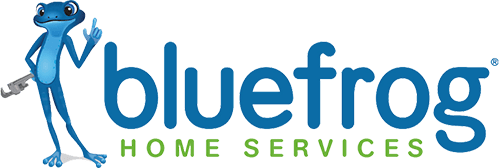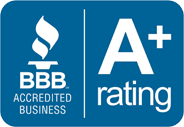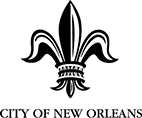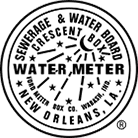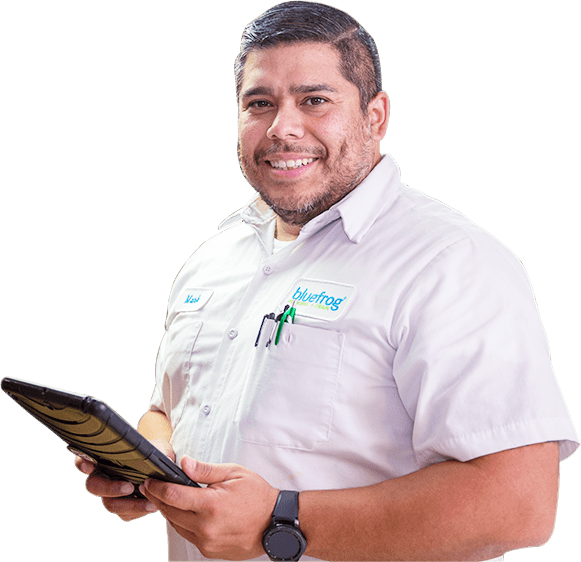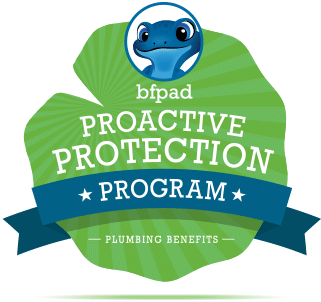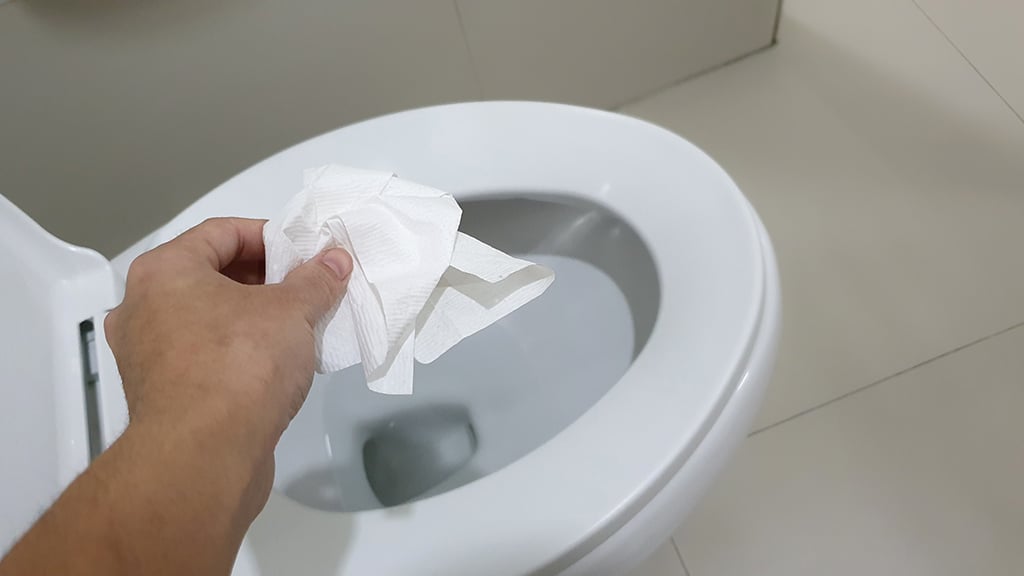
Avoid the Least Appealing Drain Cleaning Task: Toilet Unblocking | New Orleans, LA
Photo By RJ22 at Shutterstock
While flushing something down the toilet seems like an efficient, harmless manner of disposing of certain items, it’s the source of many household’s drain cleaning woes. Putting things that shouldn’t go down the can has the potential to damage more than just your pipes and plumbing. When you flush the un-flushable, you’re adding contaminants into the entire water system. This can cause long term damage to wildlife and the sewerage systems of New Orleans, LA.
You can avoid messy drain cleaning situations by being vigilant about what goes down the u-bend. Ensure your entire family is aware of these simple rules — it’s not always obvious which types of waste can be flushed away.
Where Does Toilet Wastewater End Up?
Waste from your toilet goes on quite the journey after you’ve pulled the lever to make it disappear. The pipes in your house connect it up to the municipal sewer system. From there, it’s sent to the wastewater treatment facility in New Orleans, LA. The wastewater from commercial properties, industries and homes all collect here and numerous treatment processes remove impurities.
Primary treatments screen and remove large particles of waste from the water. Secondary treatments involve using chemicals and bacteria to disinfect, kill off bacteria and remove microscopic organic materials. In some areas, the water goes through an extra layer of filtration to remove any pollutants specific to the local waterbody.
You might be thinking that with all these treatments, surely you can flush anything down there, and it’ll just get filtered out? It’s not that simple. In particular, inorganic substances such as plastics, are impossible to remove. If flushing larger solid objects doesn’t force you into some impromptu drain cleaning, it might cause a blockage further down the sewerage line. Fatbergs are becoming an increasing problem and could mostly be prevented if we all stop using the toilet as a trash can.
What Can You Flush Down the Toilet?
Most people are surprised to learn that the flushable list is so minimalist. So many of us have got into some bad habits when it comes to disposing of feminine hygiene products, wipes and cosmetic items. If you’ve been going through a cycle of drain cleaning and toilet unclogging, it’s time to learn exactly what needs to be prevented from getting near to the u-bend. There are three things and only three things that have a reservation at the bottom of your toilet bowl.
Water
This is an obvious one, but straight-up, clear H20 can go down the WC without any trouble. However, never be tempted to use boiling water to try and unblock a toilet! Hot water has the potential to crack the porcelain or melt the wax ring around the toilet — leading to a much pricier fix than calling out a plumber to unclog your toilet.
Toilet Paper
The only paper you should flush comes from a toilet paper package. This product is designed to dissolve extra fast once it comes into contact with water, preventing blockages and damage to septic systems or the machinery at the local municipal sewer.
Human Waste
Of course, the entire point of the toilet is to carry human waste away. That includes number 1, number 2 and vomit.
The Dirty Dozen — If You Flush These, Drain Cleaning Is Inevitable
Many things shouldn’t go down the can, but the majority are apparent. These 12 items are the ones that are most likely to end up on a family’s list of admissible flushable but shouldn’t be. Putting these products down the toilet could be a one-way ticket to regular dates with drain cleaning.
Wet Wipes
Wet wipes are probably the number one culprit for things that shouldn’t be flushed but often are. The companies that produce these items are often to blame, by making claims that their wipes are flushable. In most cases, this is entirely false. Most wet wipes are made using polyester or some other form of synthetic plastic-based material, as well as cotton. Any type of plastic is not biodegradable and comes with a severe risk of polluting the natural world.
Hair
The primary cause of drain cleaning odysseys for anyone who has teenage daughters is often hair. You find it in the strangest places and might sometimes dispose of it the first place that you come across. If this happens to be the toilet and not the trash can, think again. Hair should always go in the trash.
Cigarette Butts
Not only are cigarette butts made from plasticized cellulose, which is not biodegradable — they also contain the cocktail of toxins they’ve filtered from the cigarette. There’s no way we want these little packages of toxicity going back into the water supply or getting dumped on our beaches.
Cotton Wool
Cotton wool sounds innocent – cotton is natural, right? Sadly, not. They take a long time to break down and end up clumping together with similar materials in the drains and sewers. If you’re flushing cotton wool, you’ll likely need an appointment with drain cleaning services pretty soon.
Paper Towels
Paper towels are different from toilet roll, which doesn’t dissolve as readily in water.
Feminine Hygiene Products
Tampons, tampon applicators, sanitary pads and any other item that isn’t toilet roll should be carefully wrapped up and disposed of in the trash.
Q-Tips
This is a double whammy of plastic and cotton, neither of which has any business at the bottom of your toilet bowl.
Prescription Medication
It might seem logical to flush meds that are no longer required or out of date down the toilet, but it’s actually pretty harmful to the environment. Take them to the pharmacy to be safely disposed of.
Plasters
Plasters are made from plastic and should never go down the can.
Condoms
Condoms can lead to serious blockages in your home or the municipal sewer.
Disposable Nappies
Not only are nappies made from plastic, but they’re big and get even bigger when in contact with water. Always dispose of these in the trash.
Dental Floss
Dental floss is non-biodegradable and has the potential to act as blockage twine, connecting waste together and making blockages more dangerous and costly to remove.
Drain Cleaning Services in New Orleans, LA
If you need plumbing services, bluefrog Plumbing + Drain is your local drain cleaning contractor in New Orleans, LA. Call us today at 504-457-7135.
